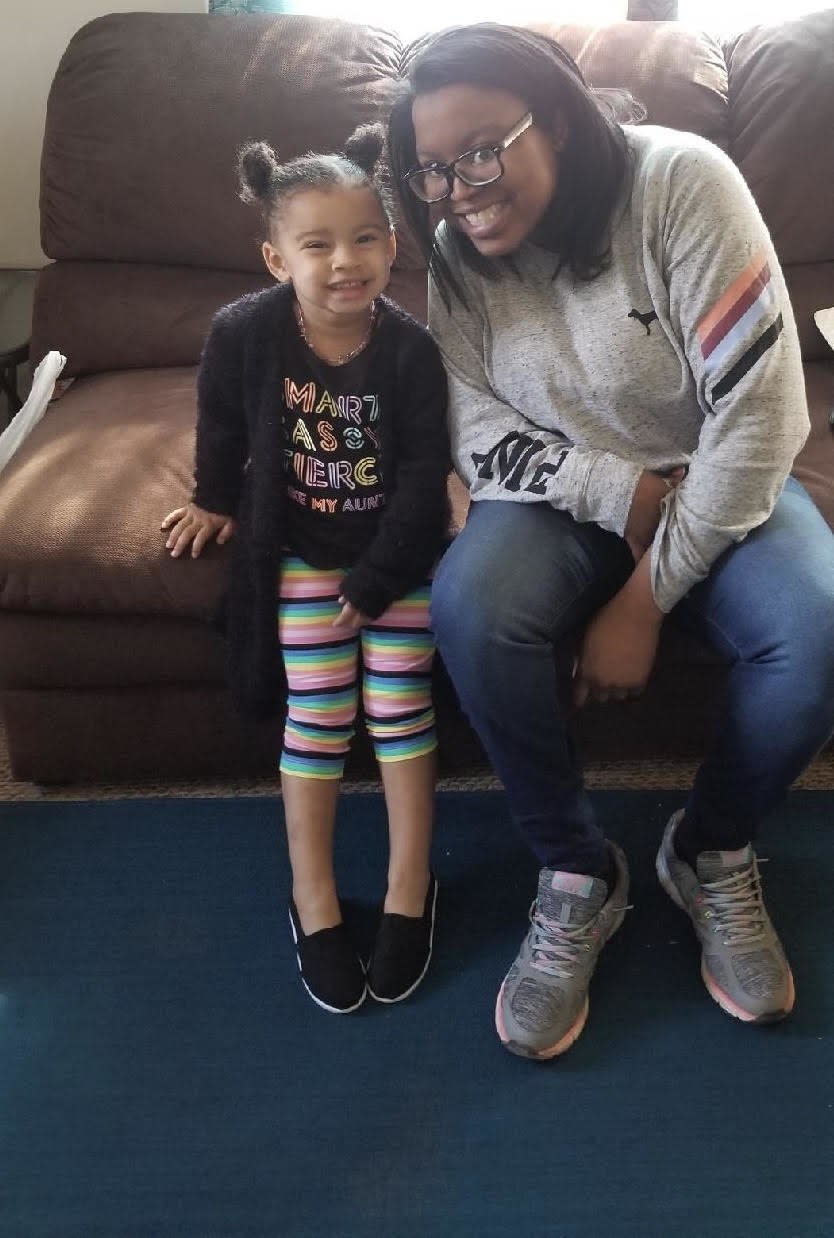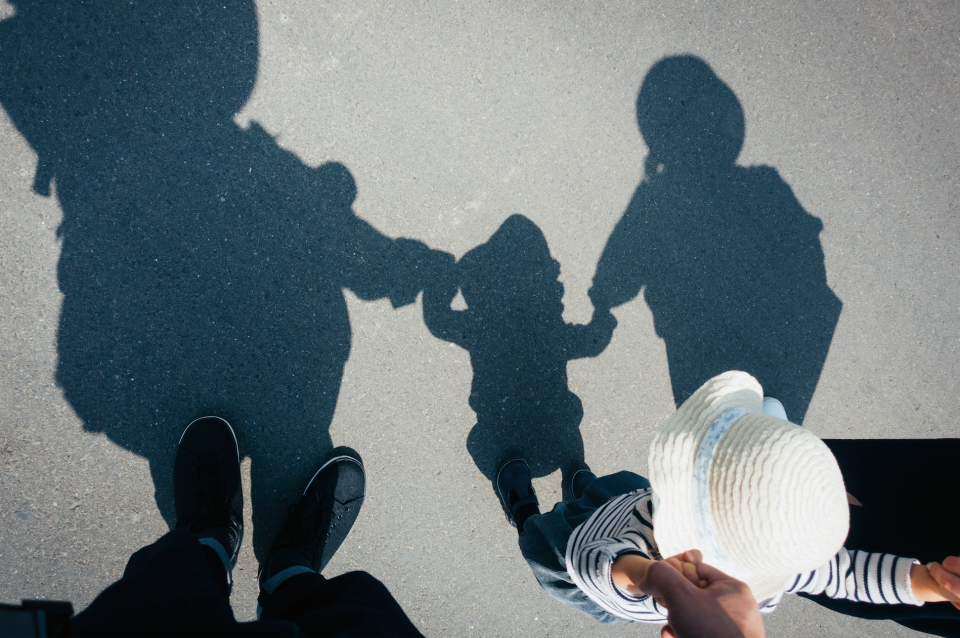I Don’t Want Kids. No, It’s Not Because I’m Disabled
I do not want to have children. This isn’t another one of those “I don’t want kids because kids are the worst” pieces. It’s not even one of those “I don’t want to have kids because of climate change.” Or overpopulation. Or mental health. It’s just that children have never been my thing; I’ve never had baby fever and I’ve known since the age of 14 that kids aren’t in my future. At 27 I look at my niece and think, I love you so much and I want the world for you. I will work to be the aunt you can count on and have your back as you grow. But I don’t look at her and think, I want a child who is “mine,” or I want another human being to be what I bequeath to the world.
You’ve heard this before, I guess. Tons of women don’t want children, and many have written eloquently about it. But I am a black disabled woman, so the implications of my choice (and how people perceive it) are different.
On more than one occasion, people who love me have flat out told me they think I wouldn’t feel the same about kids if I were not disabled. Once, I told a classmate that I didn’t want kids, and she gestured toward my right hand and leg, where my cerebral palsy is visible, and said, “Well, that makes sense.” Uh, no. It doesn’t. The fact that I’m disabled might make parenthood a little harder, but it wouldn’t make it impossible.

According to Looking Glass, a nonprofit organization that provides research and services for families with a child, a parent, or a grandparent with a disability, millions (literal millions) of parents have a disability. In New York State alone, Looking Glass reports that there are 4,331,600 disabled parents with kids under 18. Given that, it’s hard to make excuses for people’s prejudice; for the people who think that disabled people who want children can’t take care of them or that some of us don’t want children because of our disabilities. No one, and no woman, in particular, owes someone else an explanation about why she doesn’t want children. But at the same time, no one who’s disabled should have to “prove” their worth, to demonstrate that they, too, can be good parents.
So, sure, there are the people who think I don’t want kids because I can’t handle kids. But almost worse are the people who assume I’m just waiting to meet a man who will not just love me “despite” my disability because then, it’s assumed, I’ll want children as soon as he does. This one, I’ll admit, stings a bit more because it comes from a few people I love. Deep down, I think some of those closest to me are afraid that a lover won’t want me unless I can give him something to “distract” him from the fact that I navigate the world with a limp, scars, and delayed motor function.
If people told me as much out loud, I’d point out that no person should have children as a distraction. Even if I did “give in,” as those well-intentioned people imagine I would for the sake of love, I’d still limp to the kitchen to fix their lunches for school and to the car for school drop-offs; my scars would still be visible in the summer. There is no “obscuring” my disability or hiding it. I know who I am. I’m a person who wants to spend her life with another person, and I want that person to understand that kids are off the table. I want to love and be loved in return, without having to “sweeten” the deal with the promise of babies. I want to be enough, no procreation required.
But it’s not that simple. Because I know that women (and men) in the disability community who do want children, badly, have to fight to keep them, to be seen as good parents, and to be read as “capable.” Pacific Standard reports that one in 10 children is at risk of removal from their home just because one of their parents is disabled. And even if those parents regain custody, they’ll still have to live and nurture their child in a world where many consciously or not believe the use of a mobility aid device like a wheelchair somehow makes someone an inadequate caregiver.
I’m afraid that when I tell people I don’t want kids, some small number of them think I don’t believe I can handle it, even though, as I want to remind them, disabled people have always had to adapt to a world not designed for us, and parenthood is no exception. We adapt cars, bikes, and most modes of transportation. We adapt to offices, to work, to recreation. We adapt our clothes and our sports, and to a culture that tells us we shouldn’t thrive. Please rid yourself of the idea that disabled people need an able-bodied person to validate the decision for children or sign off on it. What we need is for nondisabled people to confront their biases and rearrange their actions and ideals accordingly.
I do not want children. I don’t believe that I ever will, and I shouldn’t have to announce it to the world. But I will because I am determined to make sure that other disabled people can have kids if and when they want to. The fight will be an uphill battle. It’s worth it. Disabled people are excellent caregivers. We are quick thinkers, trained to be in a world that does not understand the realities of disabilities. We are empathetic, fortified with a keen awareness of struggle and triumph. For a child, what could be more enriching than knowing that there’s someone in your corner who knows what it’s like to adjust to the harsh realities of the world and persevere despite them?
Keah Brown is a journalist and writer. Her essay collection, The Pretty One, is out August 6.
Originally Appeared on Glamour


